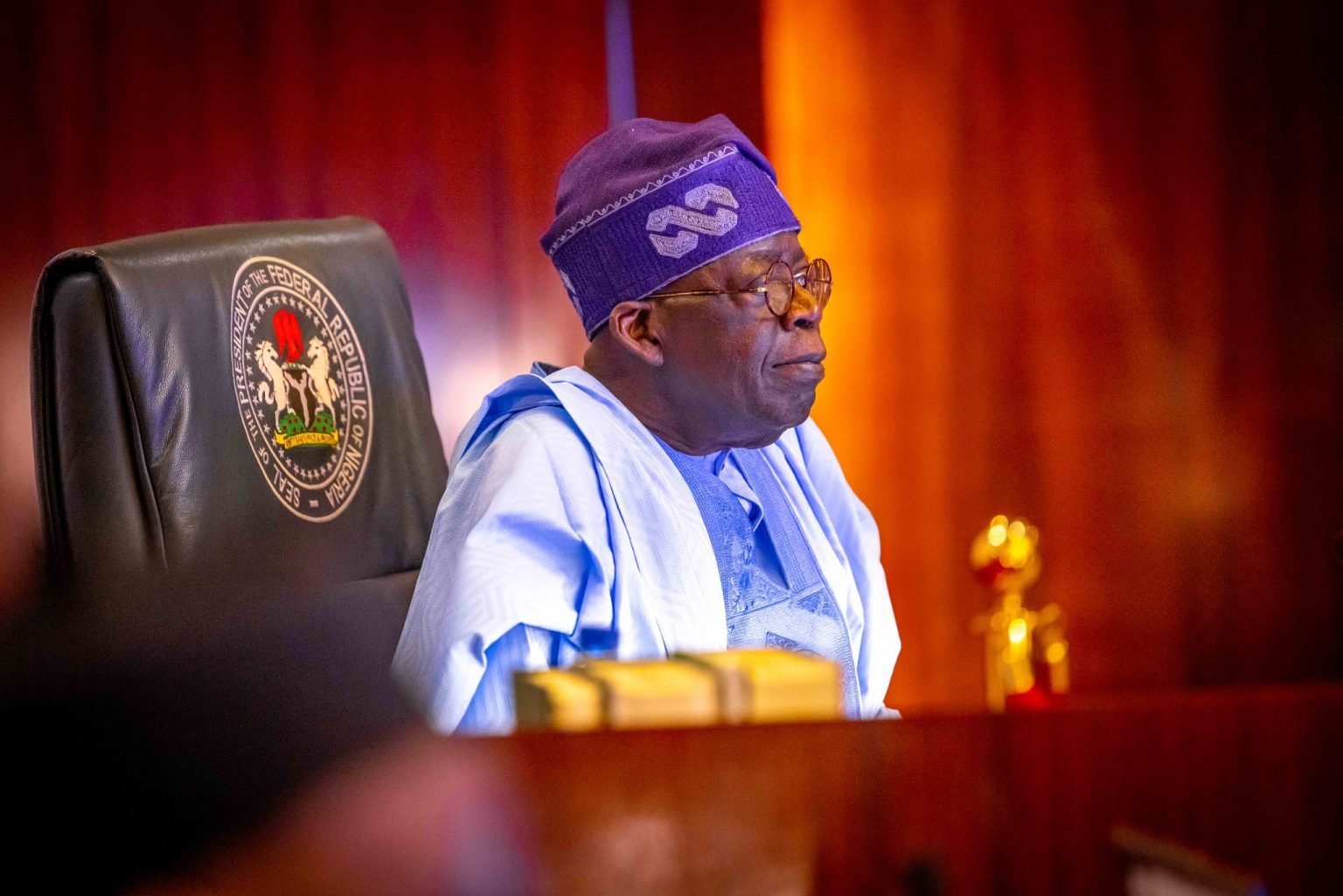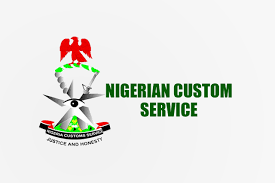Lagos, Nov. 29, 2029 – Nigerian non-oil exporters repatriated $4.98bn through the CBN $200bn Non-oil Export programme in its first nine months.
The apex bank paid exporters N81bn rebate in the course of the programme.
The Governor of the Central Bank of Nigeria, Godwin Emefiele, said this at the second edition of the TR200 Bi-annual Conference with theme ‘RT200 Non-Oil Export Programme: The Journey So Far’ held in Lagos on Tuesday.
The RT200 is a programme of the Bankers Committee introduced in February 2021 and designed to encourage non-oil exporters to repatriate more export proceeds.
Emefiele said the vagaries of oil prices and production dynamics had frustrated the foreign exchange policy of the bank and led to the biggest innovation to tackle the significant decline in the foreign exchange flows into Nigeria – the “Race To $200bn” programme in February.
“The RT200 is strictly the realisation of $200bn in foreign exchange from exports over the next three to five years through non-oil export.
“The progrmamme promises a rebate of N65 for every dollar repatriated, but to qualify, exporters must repatriate export proceeds and sell to the Investors & Exporters Window,” he said.
Beneficiaries are limited to exporters of finished and semi-finished goods.
Emefiele said Nigeria could not be an exception in the hunt for an improved foreign exchange.
“So far, in the first three quarters of 2022, a total of $4.98bn has been repatriated into the country by non-oil exporters, higher than $4.91bn repatriated in the whole of 2021.
“Of this sum, $1.96bn qualified for the rebate programme and only $1.55bn was sold at the I&E Window or for own use. The CBN has also paid out about N81bn in rebate to hard-working Nigerian exporters. You could see the N81bn that we have paid in three quarters.
“This N81bn we have paid so far is a testament to the resolve of the CBN to ensure quick acceleration of the export value chain in the country.
“I know that there have been calls to make all exporters eligible for these products and not just limit it to finished and semi-finished goods.
“One of the goals of the RT200 Programme is to help quicken the industrialisation of the country and encourage exporters to earn more from their export businesses.”
Emefiele said export could transform the economic structure of the country from simple slow growing and low-value activities to more productive activities that enjoy greater margins that are driven by technology. (GBN)




